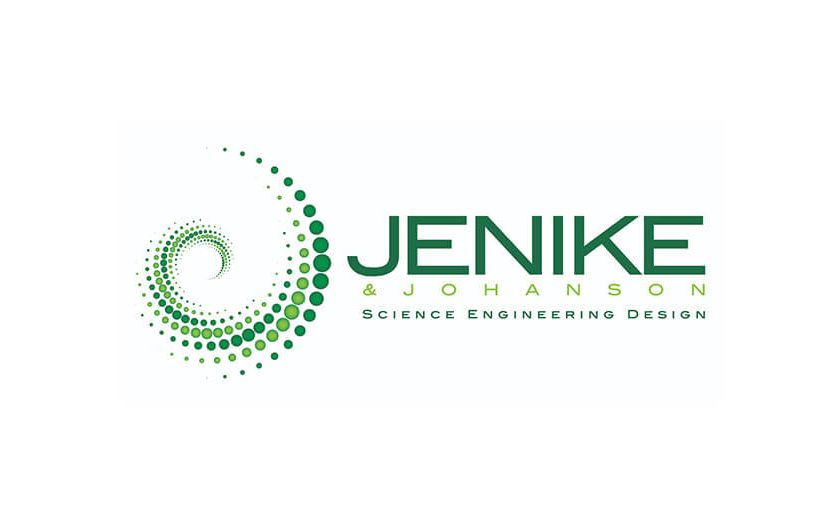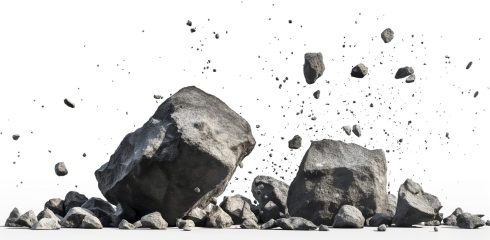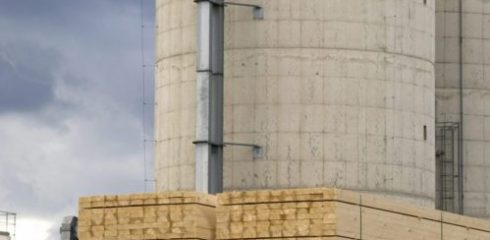
I recently visited a power plant that had modified one of its coal-fired lines to allow it to handle wood chips. I asked the process engineer if the switch had resulted in any flow problems. He was happy to report that the wood chips were no more challenging to handle than the coal he had previously handled. As he was expressing his happiness, however, I observed an operator using a steel rod to break an arch that had plugged the inlet to a transfer chute. He wasn’t happy.
The conversation reminded me of an episode of National Public Radio’s “Car Talk” where a caller described a problem that she was having with her poorly engineered car. The hosts, Click and Clack, the Tappet brothers, explained that the problem could be elucidated by applying a simple mathematical formula: “Happiness equals reality minus expectations.” They noted that if the last term was too large, the equation became negative.
The engineer was happy because he had such low expectations. He expected all bulk solids, wood chips included, to flow poorly. Arching, ratholing, and erratic flow were merely evidence of reality. I offered a proposal where we would measure the fundamental properties of the materials he handled ,i.e., strength, compressibility, and wall friction, and he would better understand the reality of bulk solids handling. Using the test results, we would then design a hopper, feeder, and transfer chute that would exceed his expectations. Happily, he accepted my proposal.




